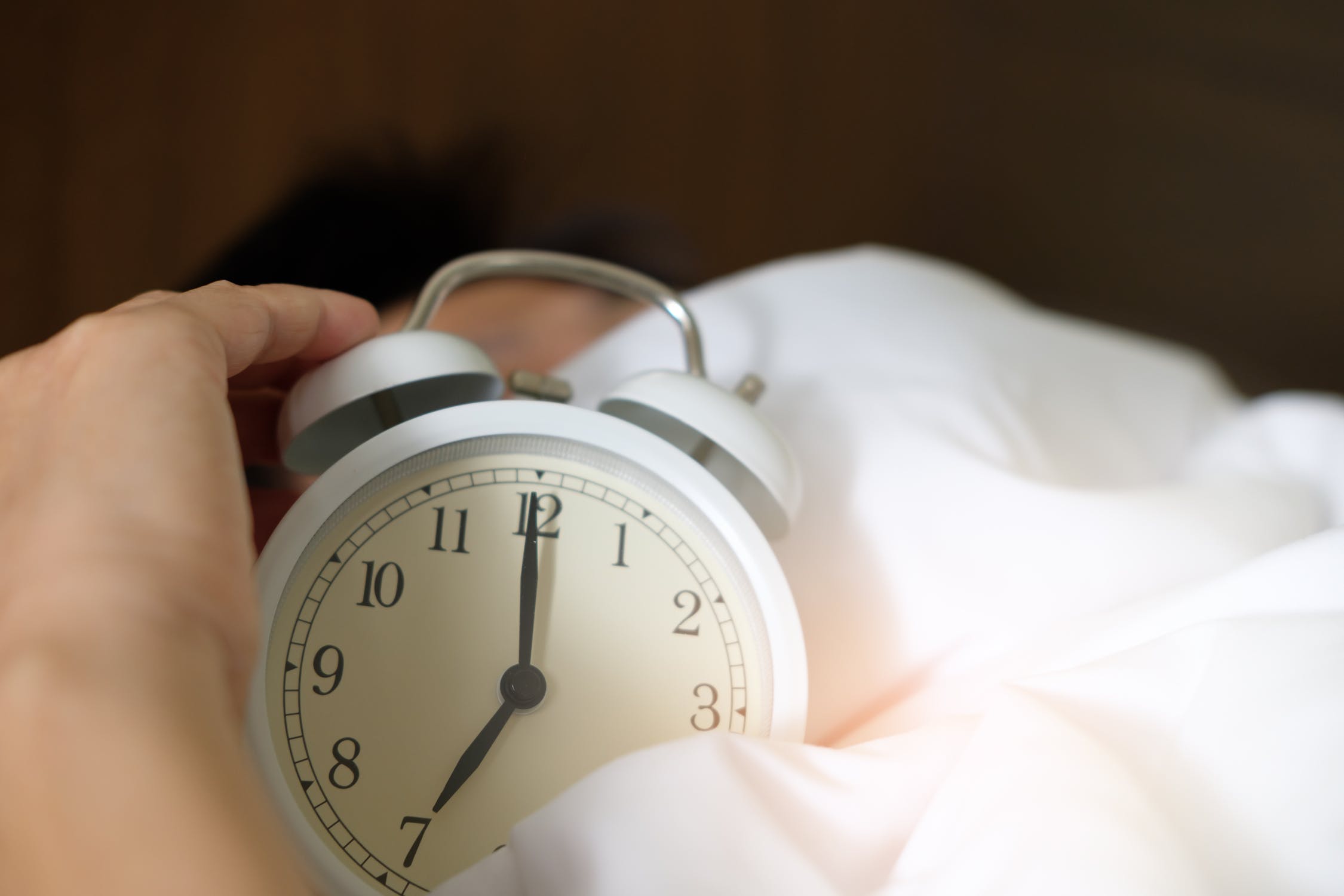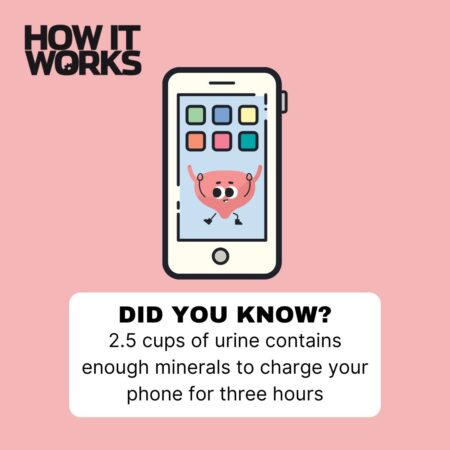5 sleep myths debunked
We explain the science behind five of the most common myths about sleep…

Image source: Pexels
1. Counting sheep helps you sleep
This myth was put to the test by the University of Oxford, who challenged insomniacs to either count sheep, imagine a relaxing scene, or do nothing as they tried to fall asleep. When they imagined a relaxing scene, the participants fell asleep an average of 20 minutes earlier than when they tried either of the other two methods.
2. Yawning wakes you up
Yawning has long been associated with tiredness and was fabled to provide more oxygen to a sleepy brain, but this is not the case. New research suggests that we actually yawn to cool our brains down, using a deep intake of breath to keep the brain running at its optimal temperature.
3. Teenagers are lazy
Sleep habits start to change just before puberty, and between the ages of ten and 25, people need around nine hours of sleep every night. Teens can also experience a shift in their circadian rhythm, called sleep phase delay, pushing back their natural bedtime by around two hours, and encouraging them to sleep in.
4. You should never wake a sleepwalker
Many people have heard that waking a sleepwalker might kill them, but there is little truth behind these tales. Waking a sleepwalker can leave them confused and disorientated, but the act of sleepwalking in itself can be much more dangerous; gently guiding a sleepwalker back to their bed is the safest option, but waking them carefully shouldn’t do any harm.
5. Cheese give you nightmares
The British Cheese Board conducted a study in an attempt to debunk this myth by feeding 20g (0.7oz) of cheese to 200 volunteers every night for a week and asking them to record their dreams. There were no nightmares, but strangely 75 per cent of men and 85 per cent of the women who ate Stilton reported vivid dreams.
How to get a good night’s sleep
Your body is driven by an internal circadian master clock known as the suprachiasmatic nucleus, which is set on a time scale of roughly 24 hours. This biological clock is set by sunlight; blue light hits special receptors in your eyes, which feed back to the master clock and on to the pineal gland. This suppresses the production of the sleep hormone melatonin and tells your brain that it is time to wake up.
Disruptions in light exposure can play havoc with your sleep, so it is important to ensure that your bedroom is as dark as possible. Many electronic devices produce enough light to reset your biological clock, and using backlit screens late at night can confuse your brain, preventing the production of melatonin and delaying your sleep.
Ensuring you see sunlight in the morning can help to keep your circadian clock in line, and sticking to a regular sleep schedule, even at the weekends, helps to keep this rhythm regular.
Another important factor in a good night’s sleep is winding down before bed. Stimulants like caffeine and nicotine keep your brain alert and can seriously disrupt your sleep, and even depressants like alcohol can have a negative effect; even though it calms the brain, it interferes with normal sleep cycles, preventing proper deep and REM sleep.
For more science and technology articles, pick up the latest copy of How It Works from all good retailers or from our website now. If you have a tablet or smartphone, you can also download the digital version onto your iOS or Android device. To make sure you never miss an issue of How It Works magazine, subscribe today!
Smartphone insomnia: Why checking your phone before bed spoils your sleep




